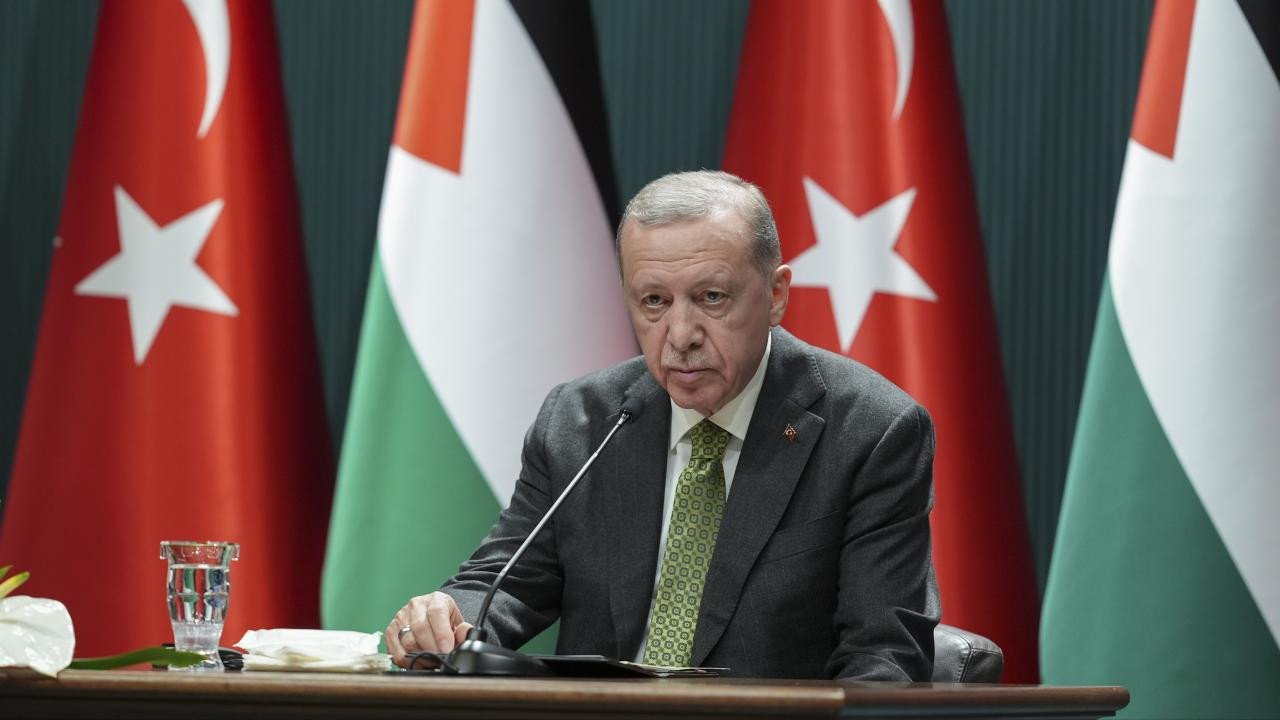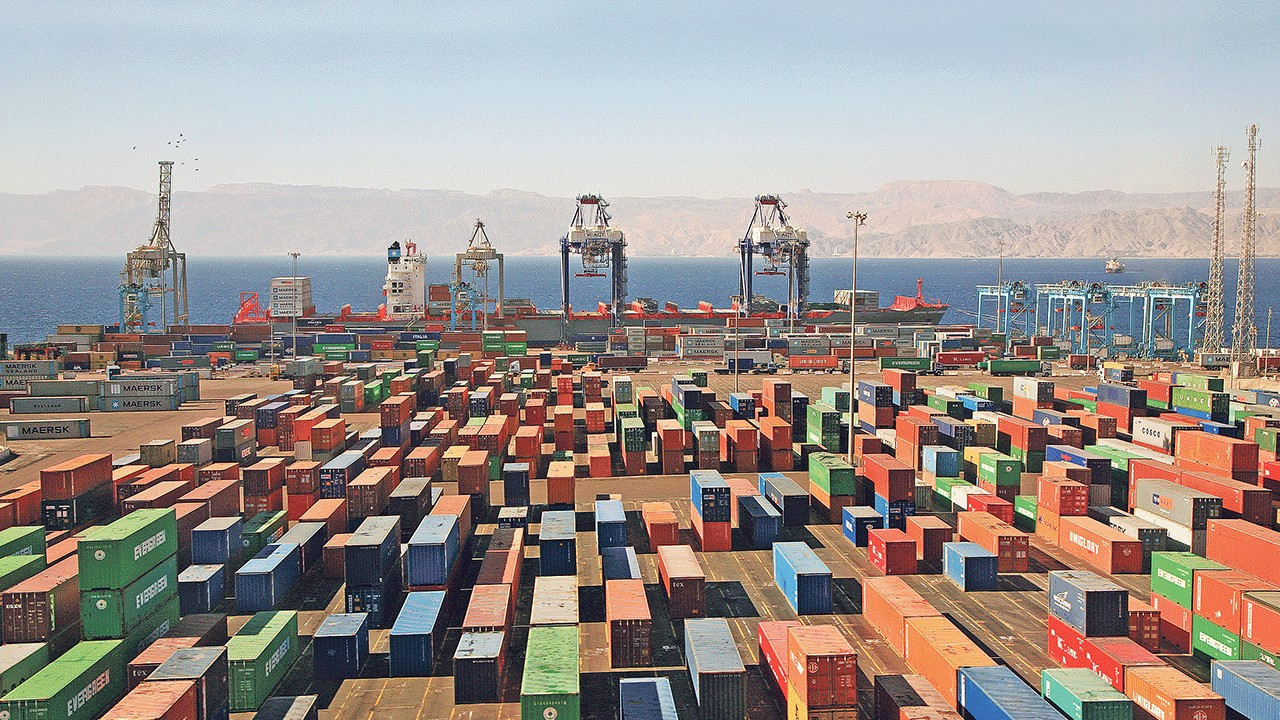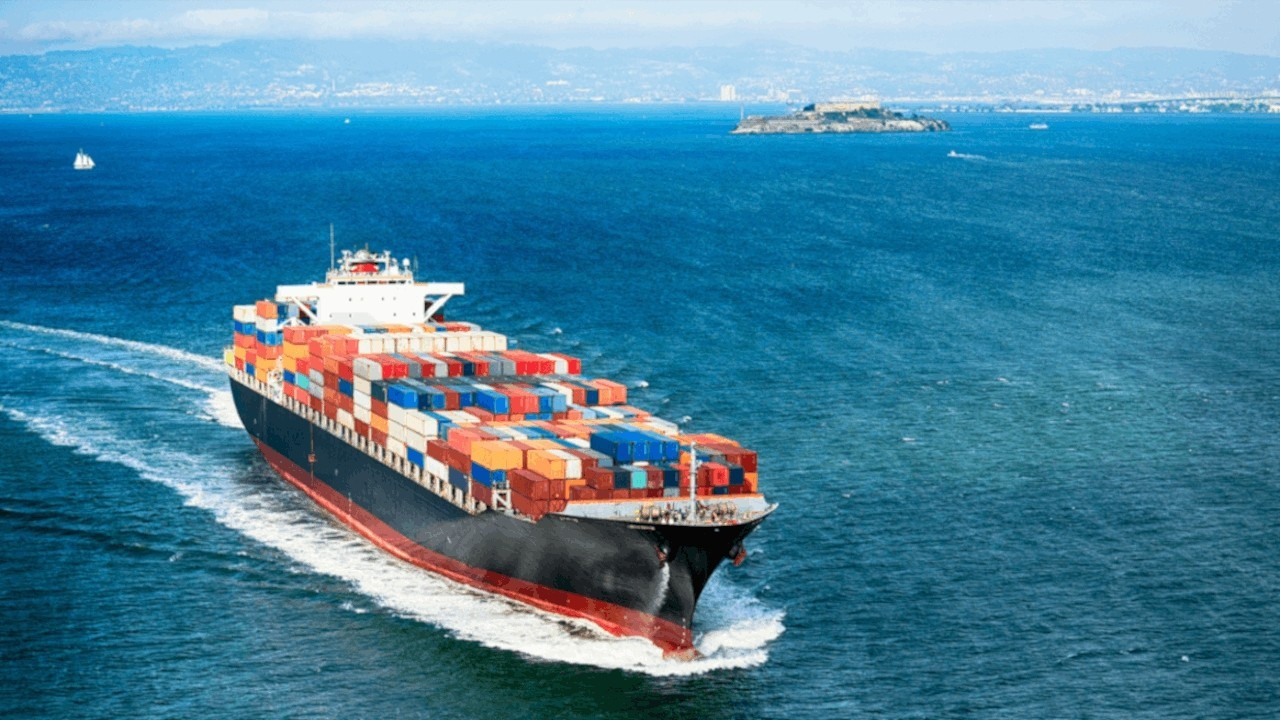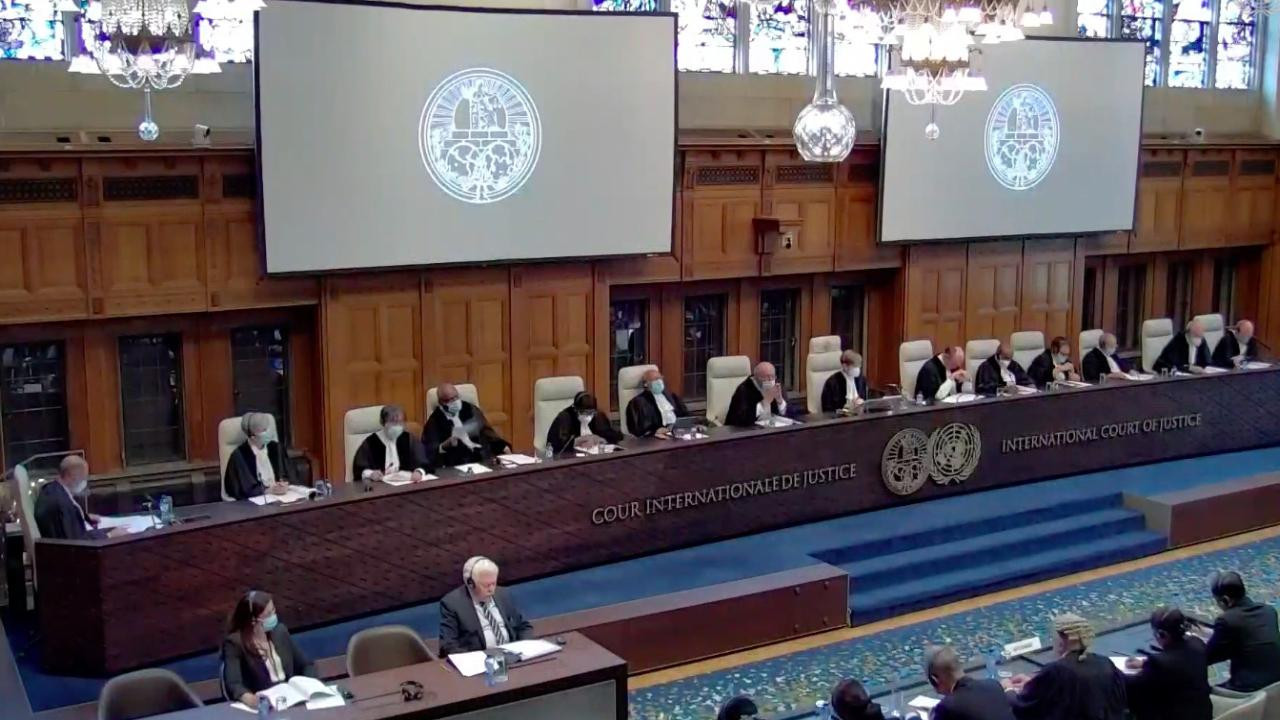Turkey refutes Israeli claims of easing export ban
Turkish Trade Minister Ömer Bolat has refuted the Israeli foreign minister's statement that President Erdoğan eased the export ban imposed on Israel. Bolat said that Turkey's trade ban with Israel will remain in place until a permanent ceasefire in Gaza and humanitarian aid flow to the region are secured.
Reuters
Israeli claims of Ankara easing its trade ban with Israel are "absolutely fictional and have nothing to do with reality," Turkish Trade Minister Ömer Bolat said on May 9, as Ankara introduced a three-month reprieve for companies with existing export deals to Israel.
İsrail Dışişleri Bakanı’nın açıklamaları kesinlikle hayal ürünü olup, gerçekle hiç bir ilgisi yoktur. İsrail ile ticaret konusunda hükümet olarak almış olduğumuz kararın arkasındayız. Bu karar geçerliliğini korumaktadır. İsrail’in Gazzeye yönelik saldırılarının durdurulması,…
— Prof. Dr. Ömer Bolat (@omerbolatTR) May 9, 2024
Israel's foreign minister said on May 9 that Turkish President Recep Tayyip Erdoğan had retreated on his earlier position and lifted many of the trade restrictions he imposed on Israel.
Turkey stopped all exports and imports to and from Israel last week, citing "worsening humanitarian tragedy" in the Palestinian territories.
Turkey's trade ban with Israel will remain in place until a permanent ceasefire in Gaza and humanitarian aid flow to the region are secured, Bolat said in a post on X.
In a document seen by Reuters, the trade ministry outlined the three-month reprieve for companies exporting to Israel after introduction of the trade ban.
Companies have three months to fulfill existing orders via third countries, a source from Turkish trade ministry said, adding that relaxing Turkey's ban on exports to Israel is "out of the question."
The latest steps aims to protect Turkish traders, another source from the ministry said.
Erdoğan last week told Turkish business people that Ankara would manage problems stemming from trade halt with Israel "in coordination and dialogue" with its business world.
Claims of Turkey easing the trade ban with Israel aim "to manipulate international public opinion," the Turkish presidency's communications directorate also said in a statement.
Turkey and Israel had a trade volume of $6.8 billion in 2023.
Turkey has denounced Israel's military campaign in Gaza, sent thousands of tons of aid for Gazans, and, on May 1 said it would join South Africa's genocide case against Israel at the International Court of Justice (ICJ).
Yet its decision to maintain commercial ties with Israel did not come until last month, despite Erdoğan's strong rhetoric, prompted a domestic backlash and hurt the results of the ruling AKP in nationwide local elections in March.
Many reports revealed that some companies close to the Turkish government and Islamist business group Independent Industrialists and Businessmen's Association (MÜSİAD) have been continuing their ties with Israel.

 President Erdoğan welcomes Hamas's ceasefire acceptance, hopes for similar response from IsraelDiplomacy
President Erdoğan welcomes Hamas's ceasefire acceptance, hopes for similar response from IsraelDiplomacy Turkish exporters explore alternatives following Israel trade suspension, Reuters reportsEconomy
Turkish exporters explore alternatives following Israel trade suspension, Reuters reportsEconomy Turkey halts all trade with Israel ‘until permanent ceasefire’ Economy
Turkey halts all trade with Israel ‘until permanent ceasefire’ Economy Turkey to join South Africa's genocide case against Israel at ICJDiplomacy
Turkey to join South Africa's genocide case against Israel at ICJDiplomacy